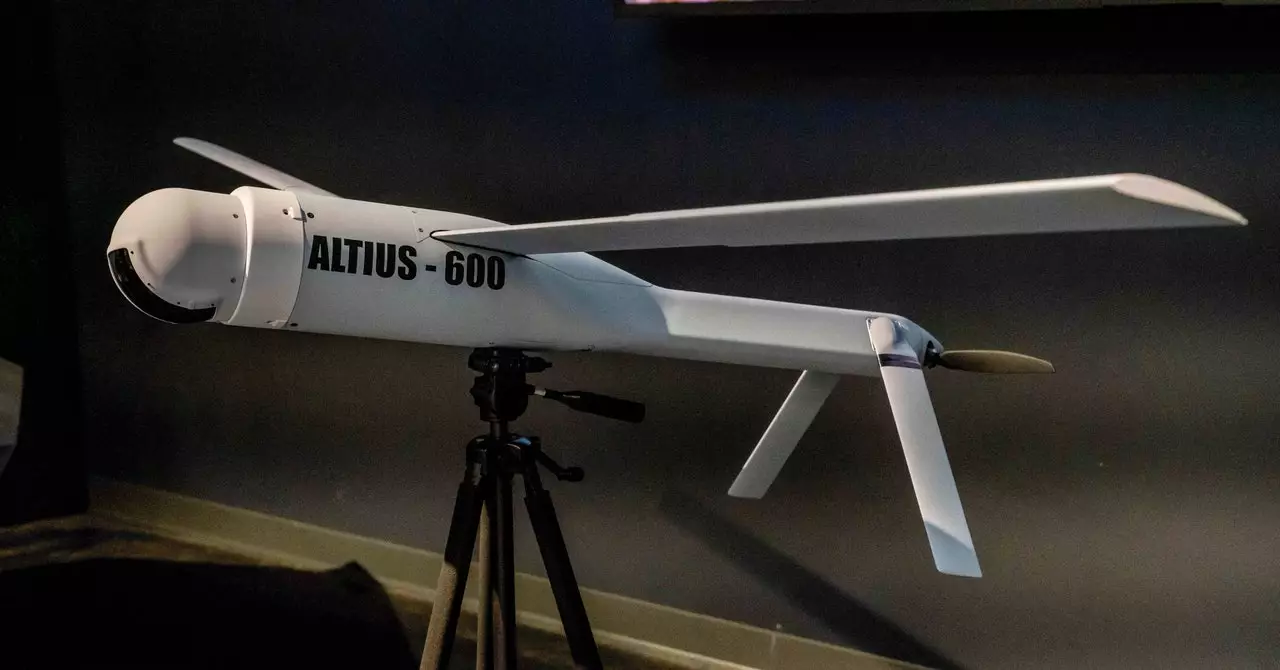In a significant development that underscores the evolving relationship between technology and national security, OpenAI has announced a partnership with defense startup Anduril. Known for its innovative advancements in artificial intelligence, OpenAI is best recognized for its flagship product, ChatGPT. This collaboration represents a pivot in the broader narrative of Silicon Valley’s interaction with the defense industry. As major tech firms increasingly align themselves with military objectives, this move signals an essential shift in perspective regarding the role of AI in supporting the defense infrastructure of the United States.
OpenAI’s CEO, Sam Altman, articulated the organization’s mission to develop AI tools that benefit society while promoting democratic principles. This ethos is fundamental as OpenAI embarks on integrating its models into military applications. Brian Schimpf, the co-founder of Anduril, emphasized that the partnership will enhance systems for air defense, enabling military personnel to make quicker and more informed decisions in pressure-filled situations. The commitment to developing responsible solutions indicates a shared recognition of the ethical implications of employing AI in defense contexts.
The crux of this partnership lies in utilizing AI to discern and evaluate drone threats more effectively. A former OpenAI employee, who requested anonymity, indicated that the integration of AI technologies will provide operators with crucial insights that could enhance their operational safety. Yet, while these advancements promise increased efficacy, they also raise questions about the limits of AI in high-stakes environments.
The decision to collaborate with military entities has not gone without scrutiny. Earlier this year, OpenAI revised its policy concerning military applications of its AI, inviting an array of responses from the workforce. Notably, some employees expressed discomfort with this shift, although it did not lead to widespread protests. This situation highlights the internal ethical dilemmas faced by technology companies as they navigate the murky waters of militarization in AI development. While the military’s reliance on technology from OpenAI is documented, the extent of this technology’s application remains partially obscure.
Anduril has been pioneering an advanced air defense system that utilizes a swarm of small, autonomous drones, coordinated through an AI interface. This technological innovation relies on a sophisticated language model to convert natural language commands into executable instructions, facilitating seamless communication between human operators and drones. However, it is noteworthy that previously, Anduril had used open-source language models primarily for testing, revealing a cautious approach towards the incorporation of AI in complex operational scenarios.
There has been a historical resistance within the tech community toward partnerships with the military. The controversy surrounding Google’s involvement in Project Maven—a Pentagon initiative aimed at employing AI for surveillance—served as a capstone moment of contention in 2018. The employee protests highlighted profound ethical concerns regarding the application of technology in military operations. As Google withdrew from the project, it set a precedent for the tech industry’s contentious relationship with defense contracts.
Today, however, this narrative appears to be evolving. The partnership between OpenAI and Anduril illustrates a wider acceptance among tech leaders to embrace military applications as a part of their business models. The advancements in AI technology raise critical discussions around responsibility and the potential consequences of equipping military operators with powerful tools that could alter the nature of warfare.
As technologies evolve, so too will their implications in complex socio-political landscapes. The potential for AI to shape military strategies and operations necessitates a careful examination of who controls these powerful tools and for what purpose. As OpenAI and Anduril pioneer new frontiers in military applications of AI, one can only speculate on the future trajectory of this partnership and its impact on defense mechanisms.
The collaboration between OpenAI and Anduril marks a critical juncture in the nexus of technology and defense. While this union offers the potential for significant advancements in military capabilities, it also raises fundamental ethical questions that the tech industry must confront as it delves deeper into this high-stakes domain. Balancing innovation with responsibility will be imperative as we navigate this new era of AI in defense.

